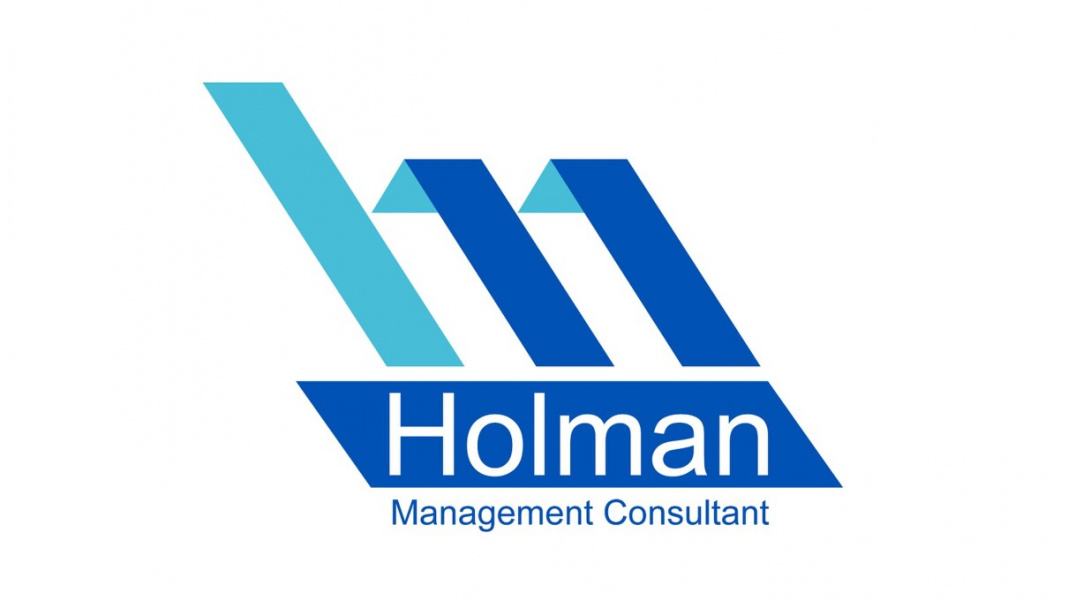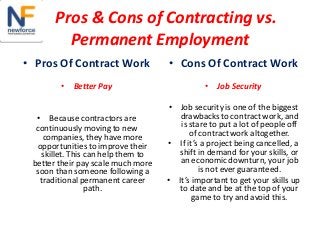
McKinsey's recruitment team is open to all. Here you can learn about the application process, how to prepare for an interview, and the requirements to apply for a Summer program. You can find out more about the program, including how to apply, if you are a PhD, MD student, or postdoc.
Recruiting process
McKinsey's recruitment process is among the most rigorous in corporate America. There are over 200K applicants, and the process is geared towards narrowing that number down to a few select candidates. This is one of most competitive positions in the corporate world with an acceptance rate of 1%. There are several stages to the process, including the McKinsey problem solving test and application screening. Management Consulted provides guides as well as other sources that can help you prepare for the test.
There are a few different steps involved in the recruiting process, and it depends on whether you're an undergraduate or an advanced degree candidate. While both types of candidates will experience the same recruitment process, there is one thing that is different about each stage. The first step is to choose the office where you would like to work.

Interview process
There are four parts to the McKinsey interview for advanced degrees. The first part involves a 2-hour interview. It is centered on a case story and a personal question. Successful applicants will then be invited to the second round. It involves a case and advanced problem-solving tests.
You will need to submit the application once you have completed it. Be sure to update your resume with relevant work experience. The earlier you submit your application, the better. It's also a good idea to double-check everything before you submit it.
Requirements
McKinsey & Company offer a variety of positions in its consulting department. This includes associates, business analyst, and consultants. Each of these positions require expertise in a certain industry to help organizations succeed. To be considered, you must have an advanced degree within a relevant field.
McKinsey is looking for people with unique problem-solving and intellectual abilities. A PhD, JD or MD is usually a well-qualified candidate. The company also values intellectual curiosity, expertise in specific industries, and leadership skills. While a PhD might not be necessary for a consultant to be considered, it does give them a distinct edge in the eyes of clients.

Summer program
A McKinsey intern is for you if your current degree program includes a master's or doctoral program. This program lets you work alongside the McKinsey team and solve clients' problems. Students can apply as associates or analysts. Any student from North America can apply for the program.
This program is extremely competitive but will give you an advantage when applying to full-time jobs. The majority of cases offer a guarantee for a first round interview for full-time positions after you have completed the program. The deadline to submit an application is March 11, 20,22.
FAQ
What type of contracts are available to consultants?
Most consultants sign standard employment agreements when hired. These agreements specify how long the consultant will be working for the client and what he/she will be paid.
Contracts will also outline the areas of expertise and compensation for the consultant. A contract may state that the consultant will deliver training sessions or workshops, webinars, seminars and other services.
Sometimes the consultant will simply agree to complete a task within a certain timeframe.
In addition to standard employment agreements, many consultants also sign independent contractor agreements. These agreements allow the consultant freedom to work without being paid.
Which industries use consultants?
There are many types and styles of consultants. Many consultants specialize in a particular type of business. Others may be more focused on multiple types.
Some consultants are limited to working for private corporations, while others can represent large corporations.
And some consultants work internationally, helping companies all over the world.
What jobs are available as consultants?
A job as a consultant requires you to have an excellent understanding of business strategy and operations. You need to be able to comprehend how businesses function and how they fit in with society.
Being a consultant requires great communication skills and the ability think critically.
Consultants must be adaptable because they may be asked to do different tasks at different times. They must be flexible and able to change directions quickly if needed.
They should be willing to travel extensively on behalf of their clients. This type work can take them anywhere in the world.
They also need to be able to handle pressure and stress well. Consultants might sometimes have to meet tight deadlines.
As a consultant, you may be expected to work long hours. This means that you may not always get paid overtime rates.
Statistics
- According to IBISWorld, revenues in the consulting industry will exceed $261 billion in 2020. (nerdwallet.com)
- 67% of consultants start their consulting businesses after quitting their jobs, while 33% start while they're still at their jobs. (consultingsuccess.com)
- WHY choose me: Why your ideal client should choose you (ex: 10 years of experience and 6-week program has helped over 20 clients boost their sales by an average of 33% in 6 months). (consultingsuccess.com)
- According to statistics from the ONS, the UK has around 300,000 consultants, of which around 63,000 professionals work as management consultants. (consultancy.uk)
- "From there, I told them my rates were going up 25%, this is the new hourly rate, and every single one of them said 'done, fine.' (nerdwallet.com)
External Links
How To
How can you find the best consultants?
First, ask yourself what kind of consultant you are looking for. Before you start looking for someone to work with, it's important that you know your expectations. Before you start looking for a consultant, make a list. This list could include technical expertise, project management skills, communication skills and availability. You might also want to talk with colleagues or friends about their recommendations. Ask your friends and colleagues if they have had bad experiences with consultants in the past. Compare their recommendations with yours. Try searching online for recommendations if you don’t have any. Many websites allow people to post reviews about their work experience, including Angie's List and Indeed. Look at the ratings and comments left by others and use this data as a starting point for finding potential candidates. After you've compiled a list of potential candidates, it is time to reach out to them and schedule an interview. During the interview, you should talk through your requirements and ask them to explain how they can help you achieve those goals. It doesn't matter whether they were recommended to you or not; just ensure that they understand your business objectives and can demonstrate how they can help you reach those goals.